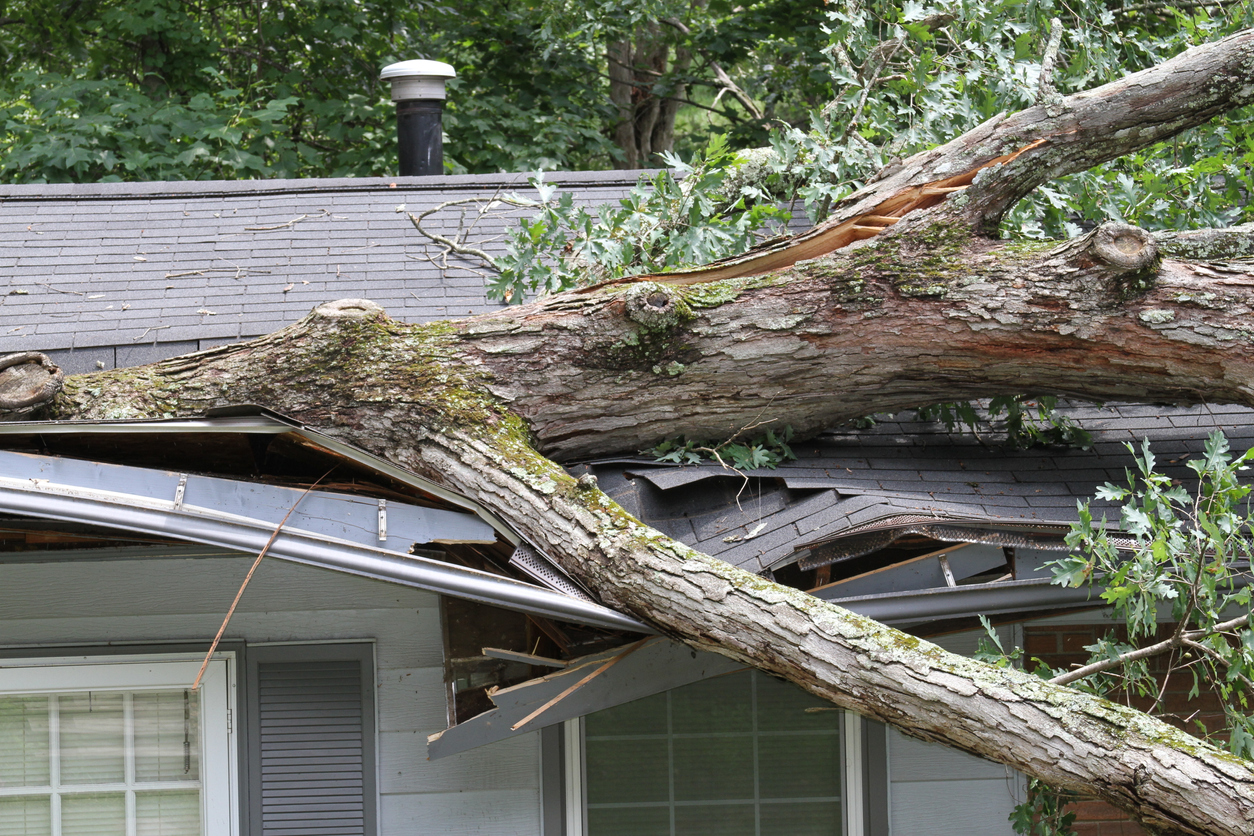The case of Christopherson v. American Strategic Insurance Corp., 2020 WL 5117991 (E.D. WI. Aug. 31, 2020), serves as a good reminder to insureds and public adjusters to make sure to promptly produce documentation support the claim to the insurance company.
On June 5, 2018 the insured reported that a tree fell on his home, making it uninhabitable (“Claim 1”). The insurer retained an independent adjuster (“IA”) to inspect and estimate the cost to repair/replace the damage. The IA wrote an estimate for just over $11,000 and the insurer issued payment in accordance with its IA’s estimate. The letter which accompanied the payment instructed the insured to advise the insurer if there was a dispute in the amount of covered damages and to provide any alternative estimates.
The insured retained an independent investigator who drafted an estimate of the cost to repair and reconstruct the roof. The estimate for Claim 1 was just over $37,000, or more than three times what been paid by the insurer. The insured did not provide this estimate to the insurer for nearly five months.
Unfortunately for the insured, on August 28, 2018, a second tree fell on the home (“Claim 2”). The insured promptly reported Claim 2 to the insurer. The insured immediately sent an engineer to the home to inspect the same.
Approximately two months after Claim 2 occurred, a raze order to remove the building was issued by the local municipality. The insured provided the raze order to the insurer along with a demolition proposal. The insurer did not pay the demolition invoice. Lacking the funds to hire a company to raze the home, the insured performed the work himself. However, he never provided any documentation to the insurance company documenting his labor costs.
The insurer paid policy limits for the dwelling to the insured for Claim 2, and also certain costs for additional living expenses for Claim 1 and 2.
Disagreeing with the insurer’s position, the insured filed suit for breach of contract alleging the insurer failed to pay for (1) repairs associated with Claim 1; (2) all additional living expenses; (3) costs incurred due to the raze order; and (4) damaged personal property.
Ultimately, the trial court granted summary judgment in favor of the insurer on each of the claims finding that the insured had failed to produce evidence that supported his claimed damages and incurred costs. Regarding Claim 1, the court noted that the insured had failed to provide his estimate of the cost to repair/replace the roof before the second loss occurred. Had the insured done so, the insurer would have been put on notice that its initial figure was far too low. Similarly, the court concluded that the insured failed to produce any evidence that he had incurred out of pocket costs for additional living expenses, produce an invoice for the costs of his own labor associated with the raze order, or produce support of the loss of his personal property. In essence, the court concluded that the insured had not presented any evidence that he provided the insured with support for the costs incurred and damages to his personal property.
Sadly, this case serves as a good reminder not to wait to provide documentation and evidence supporting your claim and damages.




